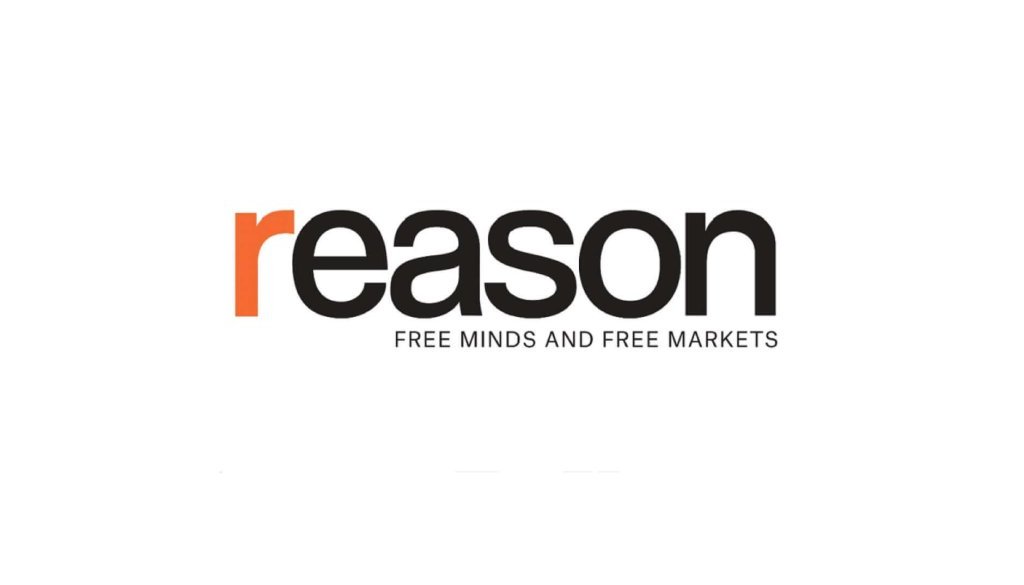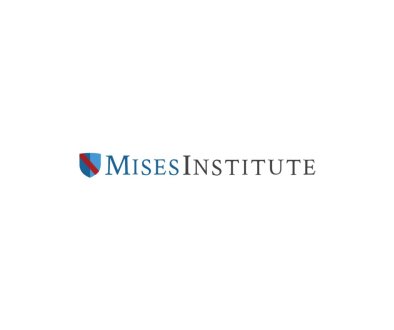Short Circuit: A Roundup of Recent Federal Court Decisions
Please enjoy the latest edition of Short Circuit, a weekly feature written by a bunch of people at the Institute for Justice.
New cert petition: Friends, it was unreasonable and unconstitutional for a SWAT team to raid 593 Eighth Street when it had a warrant to raid 573 Eighth Street, and indeed the SWAT commander concedes as much. (What else can you do when you were meant to look for contraband in a garage, and the house you raided doesn’t have a garage?) Sadly, however, the Fifth Circuit ruled that the commander’s “deficient” efforts to identify the correct house were enough to get him qualified immunity. In other words, he was reasonably unreasonable. We’re asking the Supreme Court to step in. Click here to learn more.
New on the Short Circuit podcast: Our biennial election law special! Foreign contributions, voter rolls, “ballot harvesting,” the right to not run for office, and “learned in the law.”
- Federal law prohibits entering “a restricted building or grounds,” a term that is defined to include any restricted area “where the President or other person protected by the Secret Service is or will be temporarily visiting.” January 6 protestor convicted under the law argues the gov’t was required to show not only that he knew the area was restricted, but that he knew it was restricted because VP Mike Pence was there. D.C. Circuit: Everything points to knowingly trespassing being enough. Dissent: Everything points to knowingly trespassing not being enough.
- Puerto Rico officials sue players in the pharmaceutical industry, alleging they illegally conspired to jack-up insulin prices. They file in the “Court of First Instance,” the territory’s equivalent to a state court. Pharma bros remove to federal court with the story that they were just doing what the feds told them to do, so the federal officer removal statute applies. First Circuit: This is a hard issue with a deepening circuit split (due to a bunch of similar pharma lawsuits), but we’re going with removal was OK as the feds are behind a lot of this.
- In New York, applicants for concealed carry licenses must be of “good moral character.” And they must reveal their social media activities and any “other information” that’s “reasonably necessary and related” to licensing officials. Do these requirements have a sufficient basis in the nation’s historical tradition of firearm regulation? What about penalties for bearing arms on private properties that are open to the public and lack signage indicating that guns are allowed? Over the course of 246 pages, the Second Circuit preliminarily enjoins the social-media requirement and the private-property provision.
- In Old Forge, Penn., a middleman who owes $400k from a prior mail fraud conviction hatches a new scheme: He and his friend, the borough president, will receive bribes from a scrapyard owner in exchange for a favorable result in the owner’s zoning litigation. The middleman pitches his plan to the scrapyard owner—who surreptitiously records their conversation and contacts the FBI. The scrapyard owner makes several bribery payments to the middleman and the borough president, including with FBI prerecorded funds. Was the middleman a victim of entrapment? Third Circuit: The middleman hatched this scheme; the FBI merely helped him complete it. Entrapment that is not. Convictions affirmed.
- Participant in the notorious “Unite the Right” rally in Charlottesville, Va. claims police
Article from Latest

The Reason Magazine website is a go-to destination for libertarians seeking cogent analysis, investigative reporting, and thought-provoking commentary. Championing the principles of individual freedom, limited government, and free markets, the site offers a diverse range of articles, videos, and podcasts that challenge conventional wisdom and advocate for libertarian solutions. Whether you’re interested in politics, culture, or technology, Reason provides a unique lens that prioritizes liberty and rational discourse. It’s an essential resource for those who value critical thinking and nuanced debate in the pursuit of a freer society.



